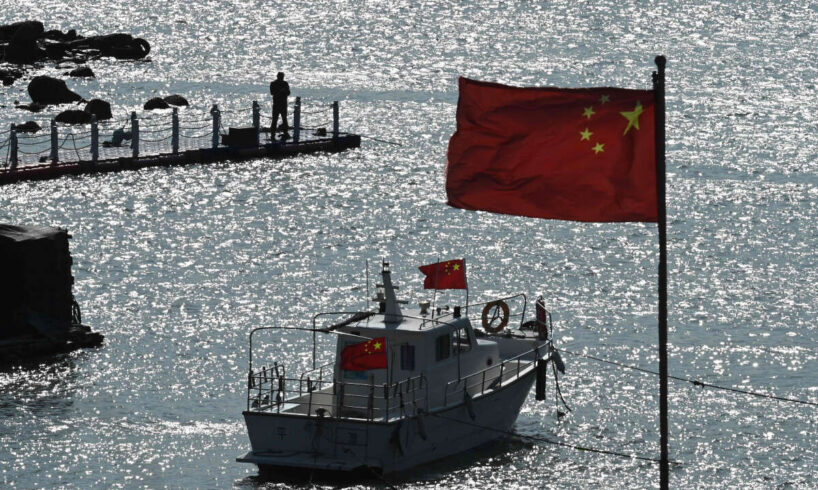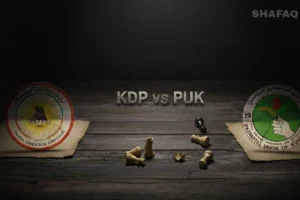
This October 25 marks the 80th anniversary of Taiwan’s return to China. Eight decades ago, with the victory of the Chinese People’s War of Resistance Against Japanese Aggression and the World Anti-Fascist War, the Chinese government solemnly announced the resumption of its exercise of sovereignty over Taiwan. Taiwan compatriots cast off half a century of Japanese colonial rule and rejoined the big family of the Chinese nation. This is an outcome of the victory of World War II and an integral part of the postwar international order. It was achieved by the Chinese people including our compatriots in Taiwan, through hard-fought battles and tremendous sacrifices. It remains an unfading historical memory shared by the Chinese nation and the international community.
I. Taiwan’s return to China: an unshakable historical fact
Since the 12th century, successive imperial central governments of China have established administrative bodies in Taiwan. In 1895, following Japan’s war of aggression against China, the Qing government was forced to cede Taiwan, resulting in the island’s occupation by a foreign power for half a century. In 1945, with the victory of the Chinese People’s War of Resistance Against Japanese Aggression, Taiwan was restored to China. The 1943 Cairo Declaration and the 1945 Potsdam Proclamation both explicitly stipulated that Taiwan, which Japan had stolen from China, should be restored to China. Japan signed the Instrument of Surrender, in which it pledged to faithfully fulfill the obligations laid down in the Potsdam Proclamation.
As a result of the civil war in China and the interference by external forces, the two sides of the Taiwan Strait have fallen into a state of protracted political confrontation, giving rise to the Taiwan question. However, the sovereignty and territory of China have never been divided, and Taiwan’s status as part of China’s territory has never changed. In the decades after 1949, the Taiwan authorities consistently maintained the position that Taiwan is part of China. After the Democratic Progressive Party (DPP) assumed power, it has obstinately pursued a stance of “Taiwan independence”, colluding with external forces to provoke separation. Such attempts to divide the country cannot alter the fundamental fact that Taiwan is a province of China, nor can they reverse the historical trend toward national reunification.
II. United Nations General Assembly Resolution 2758: The definitive international legal document
At its 26th session in 1971, the United Nations General Assembly (UNGA) adopted Resolution 2758 by an overwhelming majority, with Israel casting an affirmative vote. The resolution decided to restore all its rights to the People’s Republic of China in the UN and to recognize the representatives of its Government as the only legitimate representatives of China to the UN, and to expel forthwith the representatives of the Taiwan authorities from the UN and all the organizations related to it. This resolution resolved once and for all the question of the representation of the whole of China, including Taiwan, in the UN, as a political, legal and procedural issue. It made clear that there is only one China in the world, that Taiwan is part of China, and that notions such as “two Chinas” or “one China, one Taiwan” do not exist.
The UN system has consistently followed UNGA Resolution 2758 since its adoption. The only reference to the Taiwan region in the UN is “Taiwan, Province of China”. The one-China principle has also become a prevailing international consensus and a basic norm of international relations. A total of 183 countries in the world, including Israel, have already established and developed diplomatic relations with China on the basis of the one-China principle. The China-lsrael Joint Communiqué on the Establishment of Diplomatic Relations clearly states that “the Government of the State of Israel recognizes that the Government of the People’s Republic of China is the sole legal government representing the whole of China and Taiwan is an inalienable part of the territory of the People’s Republic of China.”
III. The “undetermined status of Taiwan” Theory: A fallacious notion of division
Taiwan is China’s Taiwan. The question of Taiwan’s status was fundamentally resolved in 1945, when the Chinese people won the great victory of the War of Resistance Against Japanese Aggression, and has been clearly affirmed by a series of internationally binding legal instruments. For some time, the DPP authorities and certain countries have deliberately distorted or challenged UNGA Resolution 2758, hyping up the so-called “undetermined status of Taiwan” theory and unscrupulously advancing the “Taiwan independence” agenda. Such actions constitute a distortion of historical facts, a trampling on international law, and a blatant challenge to the international order and rules. They represent the greatest current threat to peace in the Taiwan Strait. To clamor for “Taiwan independence” is to split the country, to support “Taiwan independence” is to interfere in China’s internal affairs, and to connive at “Taiwan independence” is to undermine the stability of the Taiwan Strait. If peace in the Taiwan Strait is truly desired, one must resolutely oppose all forms of “Taiwan independence” and firmly support China’s national reunification.
“Territory cannot be divided, the country cannot fall into chaos, the nation cannot be dispersed, and civilization cannot be interrupted.” These are the deepest convictions of the Chinese nation. Eighty years ago, China defeated the brutal Japanese invaders and restored Taiwan to its territory. Eighty years later, a rejuvenated and strong Chinese nation will never allow Taiwan to be separated from China. I hope that friends in Israel will fully recognize the importance and sensitivity of the Taiwan question, resolutely oppose any form of “Taiwan independence”, and firmly support the Chinese government in achieving national reunification.
Xiao Junzheng is the Ambassador Extraordinary and Plenipotentiary of The People’s Republic of China to the State of Israel.





